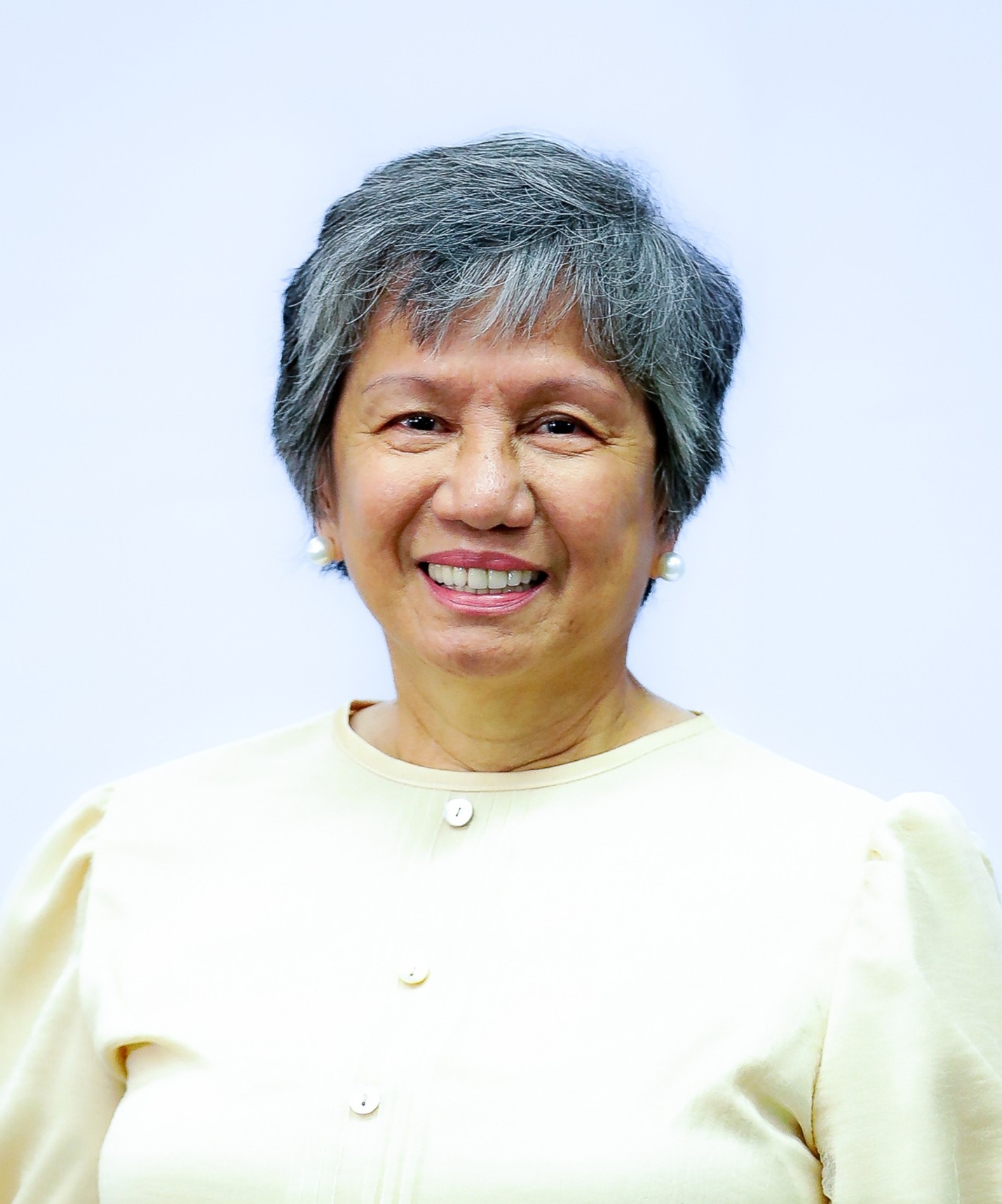Session 4 Cooperation & Solidarity
Biography
Undersecretary Drusila Esther E. Bayate was a former Assistant Director of the Bureau of Fisheries and Aquatic Resources (BFAR) where she rose from the ranks from a Junior Fishery Biologist in 1985. Finished her Bachelor of Science degree in Biological Sciences at the University of the Philippines in the Visayas in 1979. In 1989, she pursued a graduate degree in Master of Science in Fundamental and Applied Marine Ecology at the Free University of Brussels, Belgium, where she graduated with distinction in 1991.
Her interest in aquaculture shifted to the marine ecosystem focusing on population dynamics of fish stocks and fisheries management. In 2006, she was appointed as Regional Director where she led and implemented various fisheries programs in Western Visayas. Appointed as the Assistant National Director for Technical Services of the BFAR in 2013. In 2014, she served as the Interim Executive Director of the National Fisheries Research and Development Institute, in a concurrent capacity, where she successfully spearheaded its reorganization and the approval of permanent S&T positions for the newly established NFRDI. She culminated her career as the BFAR Assistant Director for Research, Regulations and International Engagements, where she advanced the national interests of the Philippines in various bilateral and multi-lateral fora and negotiations until her retirement from the service in June 2022. Recognized as a seasoned career executive service officer, she was again appointed in January 2023 as Undersecretary of the Department of Agriculture.
Abstract
The rich and bio-diverse fisheries and aquatic resources of the Philippines are described to support the livelihood of 2.5 million municipal fishers. In 2024, the total fisheries production reached 4.06 million metric tons, 45% derived from capture fisheries and 55% from aquaculture. In 2023, fishing and aquaculture activities recorded a value of PhP 274 billion or 12.0% share of the total Philippine GDP. However, the sector faces several challenges, including high post-harvest losses, declining fisheries production, habitat degradation, and vulnerability to the impacts of climate change and extreme weather events.
To address these issues, the Philippine Government is committed to reducing poverty and increasing the income of fisherfolk. Guided by national frameworks and development plans, the country implements comprehensive programs focused on rehabilitating coastal and marine habitats, improving institutional capacity for stronger fisheries management and enforcement, developing fisheries infrastructure and facilities, and supporting livelihood and enterprise development.
These initiatives are carried out in partnership with local communities, the private sector, and support from international organizations such as the World Bank, Rare, Korea International Cooperation Agency (KOICA), and World Wide Fund for Nature (WWF), among others, fostering collaboration toward sustainable and inclusive fisheries management.
Presentation Title Download
Ensuring Sustainable Livelihoods for Fishing Communities Through Partnerships


